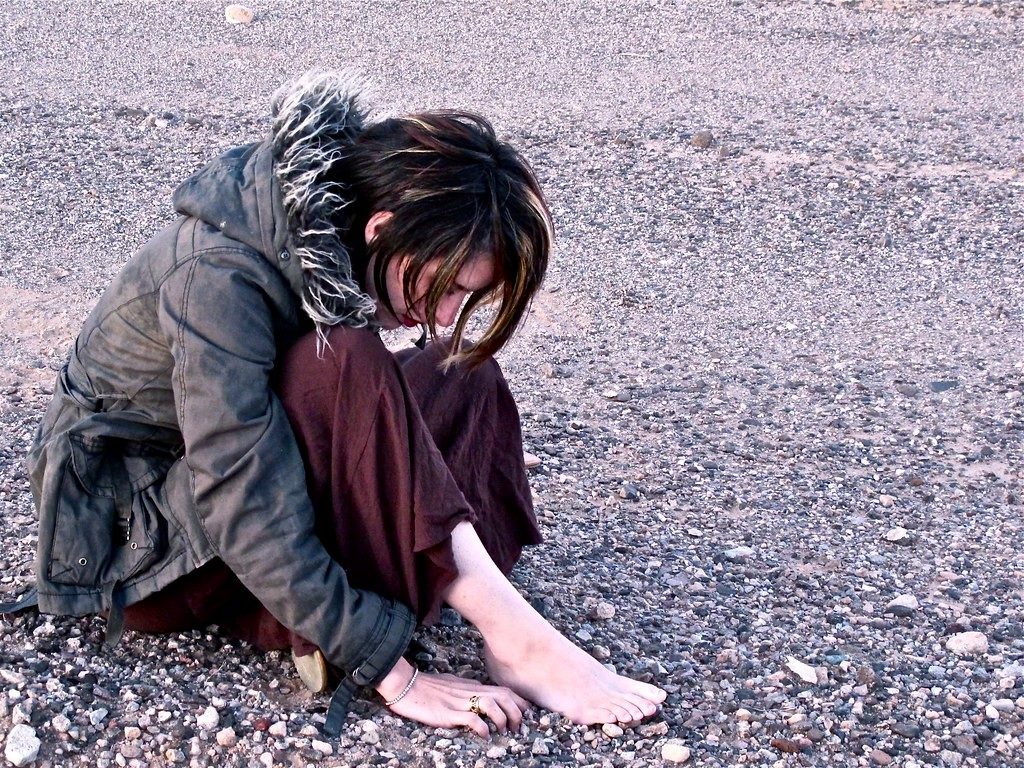Did I Make My Twin Crazy?

It breaks my heart when I speak to an identical twin whose sibling has a psychiatric disorder. In addition to the healthy twin’s distress and sadness about her sibling’s state of mind, she often believes that she somehow contributed to her sister’s mental condition. Most of the twins I have worked with experience an enormous sense of guilt and shame over their sibling’s psychological disturbance.
The healthy twin can identify specific experiences where her sister may have felt resentful of her relationship or career successes. Or she may recall how she and her twin competed in looks and popularity. The underlying issues of envy and jealousy weigh heavily on the “victor” as a punishment for about triumphing over her twin.
Interestingly, in most of the cases where I am directly involved, the psychiatric diagnoses are clear—manic depressive disorder, borderline personality, and drug and alcohol addiction. Naturally, identical twins have difficulty understanding why one twin is afflicted and the other is not. They know that they have the exact same DNA—so how does this happen? At this point, I explain the importance of epigenetic influences on the development of illness in one twin and not the other.
Even more upsetting is the fact that many twins acted as parental surrogates for each other. Thus, their reactions of guilt and failure feel akin to those of parents who grapple with a child’s mental difficulties. Unfortunately, incessant negative and dangerous interactions with one’s ill twin can damage the twinship beyond repair. On one hand, the healthy twin is relieved that the deteriorating connection is severed, but on the other hand, she remains terribly sad and bereft, mourning the passing of the beautiful moments of her special relationship with her sibling.
The loss of a still-living twin is profound. Helping the healthier twin to acknowledge her ambivalence about her sister’s condition and to accept that she is not responsible for it is an ongoing process. She must eventually recognize that she tried her best to help her twin in the face of serious emotional and physical harm. Sometimes, one can do little besides accept the sad reality of the situation and work through feelings of blame, helplessness, and defeat.

